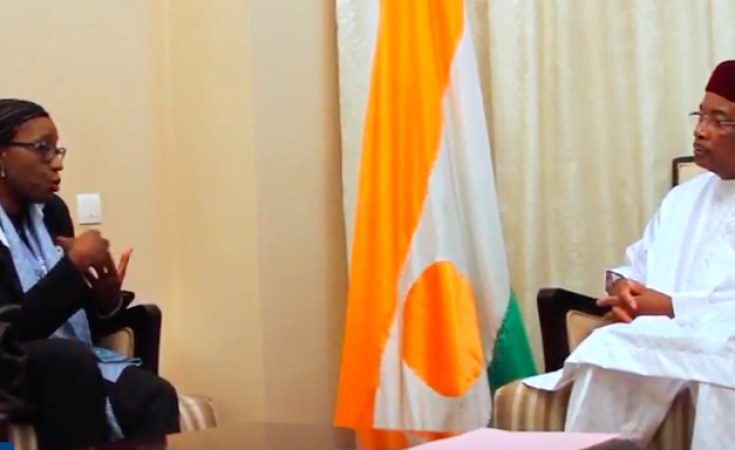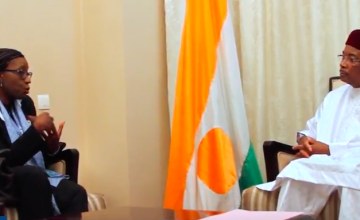In 2012, the African Union Summit made a decision on boosting intra-African trade and fast-tracking the Continental Free Trade Area (CFTA). To achieve the objective, the decision provided that the CFTA negotiations were to be tentatively completed by 2017. In addition, an action plan on BIAT was also adopted, with the aim of doubling intra-African trade within a decade.
The Summit launched the negotiations of the CFTA in June 2015 with a view toward completing the negotiations by the indicative deadline set up in 2012. At the occasion, the recommendations of the High-Level Trade Committee, including the objectives and guiding principles of the CFTA, were endorsed by the Summit. The indicative roadmap for the CFTA negotiations provided for an expected completion of negotiations by November 2017, and made proposals for the creation of the following institutions to be responsible for the negotiations of the CFTA:
- the CFTA Negotiating Forum (CFTA-NF);
- the Senior Trade Officials (STO) Committee; and,
- the African Ministers of Trade (AMOT) Conference.
In addition, a continental taskforce (CTF), composed of the AU Commission, the 8 AU-recognized regional economic communities (RECs), the United Nations Economic Commission for Africa (ECA), and the African Development Bank (AfDB) was constituted. The CTF also invited the United Nations Conference for Trade and Development (UNCTAD) to participate in its meetings.
The timeline of CFTA negotiation events is referred below for information.
In July 2017, the Summit mandated Mr. Mahamadou Issoufou, President of the Republic of Niger, as champion of the CFTA negotiation process. The objective of the championship was to fast-track the negotiation process in view of completing the process by the reaffirmed date the end of 2017.
In addition, the ECA and the AU Commission, engaged a short-term High-Level Advisor for the CFTA, the former AU Trade and Industry Commissioner, Ms. Fatima Haram Acyl, from April to June 2017, to conduct advocacy missions in selected countries ahead of the 3rd AMOT conference, then to held in July 2017. In this context, the High-Level Advisor visited six countries, namely Gabon, Ghana, Mauritius, Niger, Nigeria and Senegal.
The text-based negotiations started when the draft CFTA text, which was developed by the AU Commission and the ECA, assisted by the RECs and other experts, was presented to the Member States, during the 5th meeting of the CFTA-NF, in March 2017.[1]
After several rounds of discussion, during the 8th meeting of the CFTA-NF and 4th meeting of the STO, the framework agreement of the CFTA and the protocol on trade in services were recommended for adoption by the AMOT. The latter endorsed the recommendation. The AMOT also tasked the negotiating institutions to complete the outstanding negotiations on trade in goods and on dispute settlement by March 2018.[2]
The phase 2 negotiations on investment, intellectual property rights and competition policy are expected to also start in 2018.
[1] ECA (2017) "ECA experts participate in the 5th meeting of the CFTA negotiating forum". Available at: https://www.ECA.org/stories/eca-experts-participate-5th-meeting-cfta-negotiating-forum
[2] TRALAC (2017) "CFTA Update - 4th Meeting of the AMOT, Niger". Available at: https://www.tralac.org/news/article/12493-cfta-update-4th-meeting-of-the-amot-niger.html



